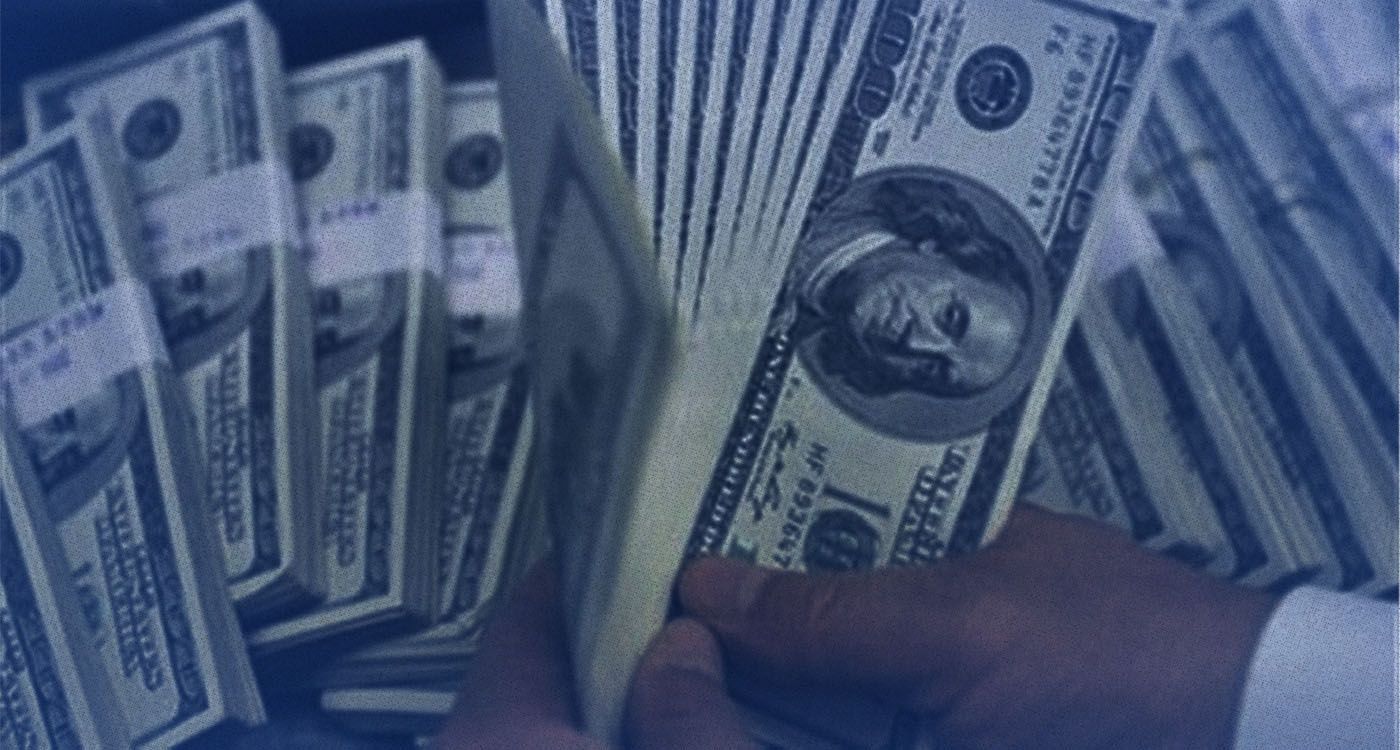
Restoring Lebanon’s sovereignty will not be achieved through slogans, but by cutting off Hezbollah’s financial lifeline. No money means no armed interference and no parallel state.
On Sunday, the Lebanese market reacted strongly to a Financial Times (FT) investigation suggesting that Hezbollah has been using digital wallets and money transfer companies to raise funds and support its purported “charitable” networks.
The companies under scrutiny — providers of digital wallets and money transfer services — quickly issued clarification statements. They stressed that they follow the highest standards of transparency and compliance, including rigorous procedures to prevent money laundering and terrorism financing. They also noted that all clients undergo regular checks, in accordance with lists issued by the Central Bank (BDL) and national security authorities.
Hezbollah and Digital Payments
In an article titled “Hezbollah-Linked Groups Turn to Digital Payments for Fundraising,” the Financial Times highlighted that charities connected to Hezbollah are reportedly using digital wallets and money transfer companies — including Lebanese providers Whish Money and OMT, both partners of major U.S. firms such as Visa, MasterCard, and Western Union — to bypass sanctions and collect funds.
The organizations under scrutiny—including Emdad, the Al-Shahid Foundation (Martyr Foundation), and the Al-Jarha Foundation (Wounded Foundation), all sanctioned by the United States—are reportedly instructing donors to send funds to personal accounts rather than official ones. According to the article, this method allows them to evade money laundering and counter-terrorism financing controls.
The British newspaper reported having verified several of these still-active accounts and obtained evidence of international transfers, including from the Democratic Republic of Congo via the RIA network, a Whish partner.
The FT investigation has reignited the debate over the vulnerability of digital payments in Lebanon.
Financial Times Investigation
According to the FT investigation, documents, WhatsApp exchanges, and recordings reviewed by the newspaper’s journalists show that Hezbollah-linked charities continue to raise funds internationally using the same intermediaries.
In one case cited by the FT, a donor wishing to contribute more than $10,000 to the Emdad association was reportedly told to split the donation into several smaller payments. The instructions came from a contact managing the organization’s WhatsApp account, who provided the names of individuals responsible for receiving the funds.
Along the same lines of underground financing, a Lebanese newspaper reported that some commercial and industrial businesses in Mount Lebanon, owned by individuals close to the “moumanaa” camp, or so-called resistance, now refuse credit card payments, accepting only cash in Lebanese pounds.
According to several observers, the tactic is meant to channel cash into the networks of this group while avoiding traceability and exposure to potential money‑laundering sanctions.
Nassar and Souhaid Under Hezbollah’s Watch
Meanwhile, Hezbollah has opened a new political front against Justice Minister Adel Nassar and BDL’s Governor Karim Souhaid, accusing them of attempting to “undermine the cash economy.
Last Tuesday, the militia’s top official, Sheikh Naim Qassem, criticized their decisions, saying that “the BDL governor is not a Washington employee” and that “the Justice Minister is not an agent acting on behalf of the United States and Israel.”
These attacks come in the wake of Circular No. 170, by the BDL governor, which bars funds from U.S. OFAC-sanctioned organizations from entering the Lebanese banking system, a measure directly targeting the Al-Qard al-Hassan association, considered Hezbollah’s financial arm.
Against this backdrop, the Justice Minister has instructed notaries to ensure that all parties to any transaction are not listed on sanctions lists, under threat of having their deeds rejected. Hezbollah denounces this initiative as an extension of international pressure on its networks.




Comments